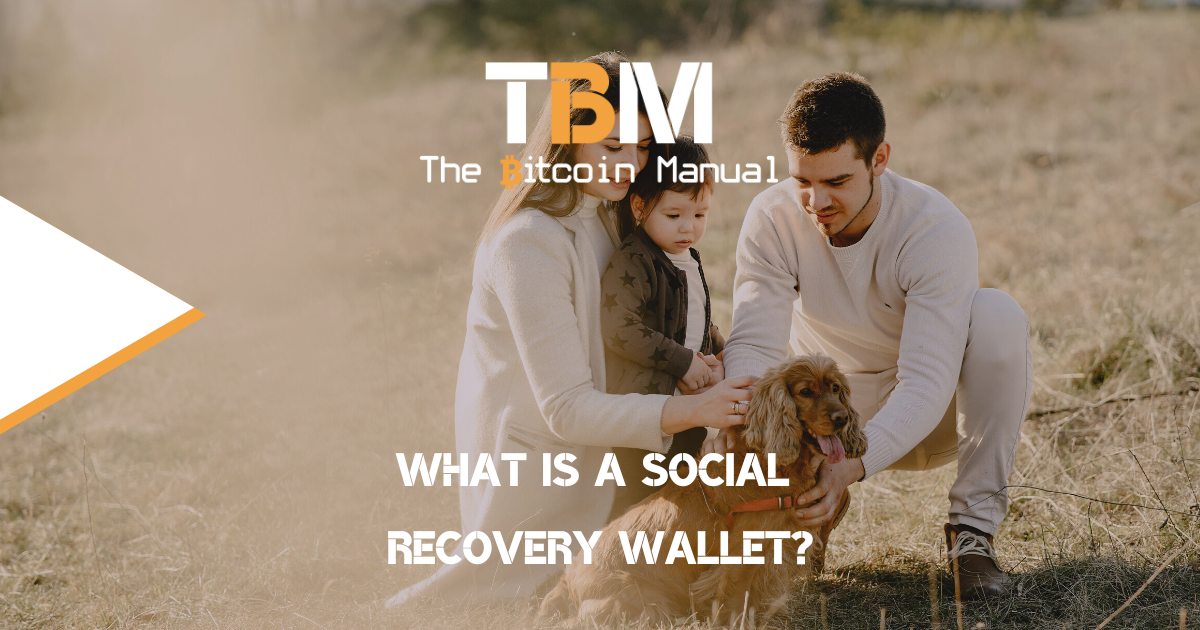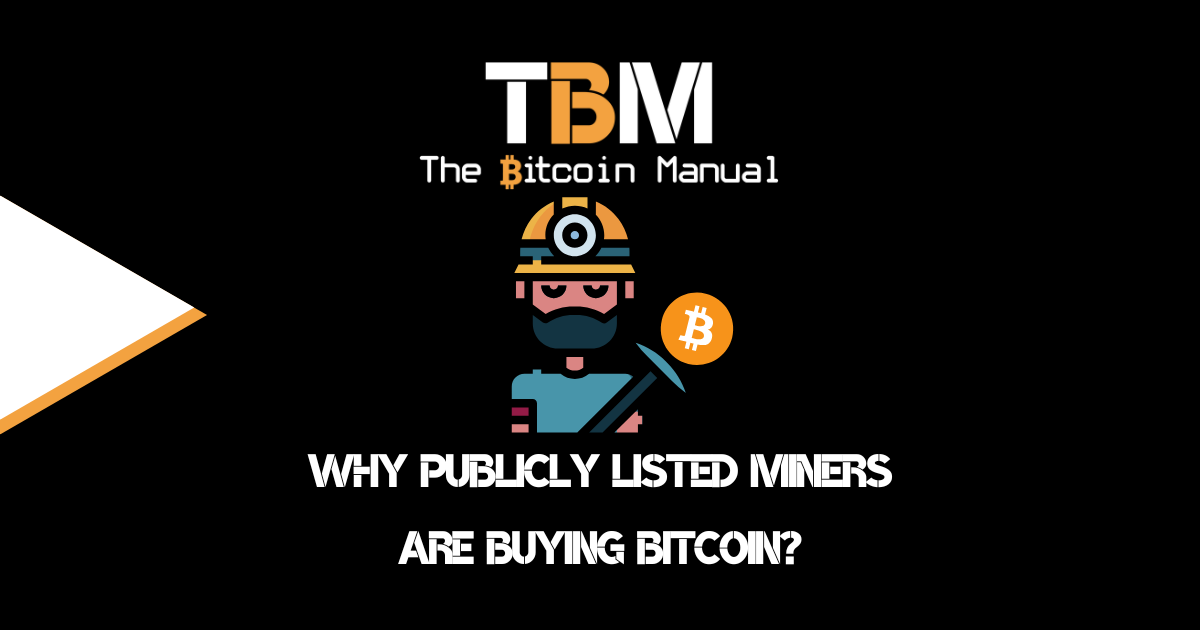As Bitcoin and blockchain technology continue to gain popularity, this new way of managing money and interacting with apps and each other online brings a new set of concerns. If you’re interacting with Bitcoiners or apps that support Bitcoin, you will need a wallet to send, receive and manage your funds.
Some services try to reduce the friction of onboarding by offering custodial wallets, where the service provider handles all the complexity, and users are free to interact like they would with any other FinTech app.
The other option is to use a hot wallet, where you generate the keys, hold those keys on a device and sign transactions when needed. While hot wallets remove custodial risk, they require you to safeguard those keys that can be compromised through online or in-person attacks.
Depending on your risk profile, you would select one of the two. Still, security remains a significant obstacle in making Bitcoin applications user-friendly while ensuring protection to prevent the loss or theft of users’ keys.
If you interact with an online app, consider creating a burner wallet and not use the same wallet you use for a large portion of your funds. Again, this offers you more protection but adds to the complexity. Managing multiple wallets for your various apps can become a burden, and people will shy away from it in favour of convenience.
Using one wallet for everything is a decision that can lead to incidents of losses, and thefts can have severe consequences, resulting in significant financial losses for innocent users, sometimes even causing them to lose a substantial portion of their net worth.
Many a Bitcoiner has never financially recovered from a seed phrase stuff up.
What is a social recovery wallet?
A social recovery wallet is a wallet that allows you to recover access to your funds through a network of trusted individuals. This contrasts with traditional Bitcoin wallets, which rely on a seed phrase or private key to recover access.
Social recovery wallets work by splitting your wallet’s private key into multiple shares and distributing them to your trusted contacts. If you lose access to your wallet, you can contact your guardians to retrieve the shares and reconstruct your private key.
Social recovery wallets offer several advantages over traditional crypto wallets:
- Increased security: Social recovery wallets make it more difficult for hackers to steal your funds, as they would need to compromise multiple guardians in order to gain access to your wallet.
- Reduced risk of loss: If you lose your seed phrase or private key, you can still recover your funds using your social recovery network.
- More convenient: Social recovery wallets are more convenient than traditional crypto wallets, as you do not need to back up and store your seed phrase or private key yourself.
An example of social recovery.
Let’s say Alice has a social recovery wallet for her cryptocurrency holdings. She sets up the wallet with three trusted contacts: Bob, Carol, and Dave. Each contact is given a unique piece of information that, when combined, can help recover access to Alice’s wallet.
One day, Alice accidentally loses her private key and cannot access her wallet. She contacts her trusted contacts and initiates the recovery process. Bob, Carol, and Dave each provide their respective pieces of information to get her private key back. Once all three pieces are collected, Alice can use them to regain access to her wallet and retrieve her funds.
In this example, the social recovery wallet ensures that Alice doesn’t permanently lose access to her funds due to a lost private key. She can recover her wallet and continue managing her cryptocurrency holdings by relying on the collective knowledge of trusted contacts.
Limitations of social recovery wallets.
As is the case with any form of custody, there is a trade-off involved, which is the complexity of involving other people in your financial affairs.
Since multiple parties are involved in the process, a lot of approvals are required when a recovery must go through, which wastes time and requires coordination of different parties that might not be available or nearby.
Then there is the question of trust: To what extent can you trust them if two of three trusted parties are participating in the process? Your guardians might collude against you and steal your funds.
- You may have a major argument with your friends or family, and they lock you out of your wallet.
- One of your recovery members might fall ill or pass away, and their part of your key is lost or passed to another member of the family you are not on good terms with.
- What if your guardians face financial difficulties and see your Bitcoin wallet as a fund to bail them out for their poor decisions?
These things may sound far-fetched on paper, but they are realistic scenarios in the bigger picture.
When would I use social recovery wallets?
- If you’re dealing with a sizable amount of Bitcoin: If you have a significant amount of Bitcoin in a hot wallet and you’re using it for trading or interacting online, a single signature wallet might not be enough security and social recovery would give you some room to take on additional risk.
- Are not comfortable managing their own seed phrase or private key: Social recovery wallets can be a good option for people who are not comfortable managing their own seed phrase or private key.
- Investors: Investors with a lot of Bitcoin invested in the market may consider using a social recovery wallet to protect their assets.
- Business owners: Business owners who accept Bitcoin payments may want to use a social recovery wallet to protect their business funds.
- People who are new to Bitcoin: People who are new to Bitcoin may find social recovery wallets to be a more convenient and user-friendly way to manage their funds.
Ensure you financially recover from any situation.
Social recovery wallets have yet to be a widespread option for Bitcoin users, with different possible implementations being explored, such as the seedless wallet, Shamir key sharing wallets and even social recovery using nostr keys.
While the recovery method might differ, the idea remains the same.
When you have a Bitcoin wallet, you have a private key that signs transactions. If a user loses the signing key, they need to contact the guardians to sign to generate a new key that commands those funds. If m-of-n of them signs, the user should be able to submit a new private key and regain access to her funds.
Social recovery smart contracts on Bitcoin can provide users an additional layer of security and peace of mind, especially for novice users who need a little help or training wheels.
Instead of dealing with trusted companies, you’re dealing with trusted people you know, so it’s all on you to pick the right people to be part of your recovery. By leveraging the support of trusted guardians, users can reduce the risk of permanently losing access to their funds due to lost or stolen keys.
As the Bitcoin ecosystem evolves and matures, we can expect social recovery to become an increasingly popular and widely adopted mechanism for protecting and recovering assets.




